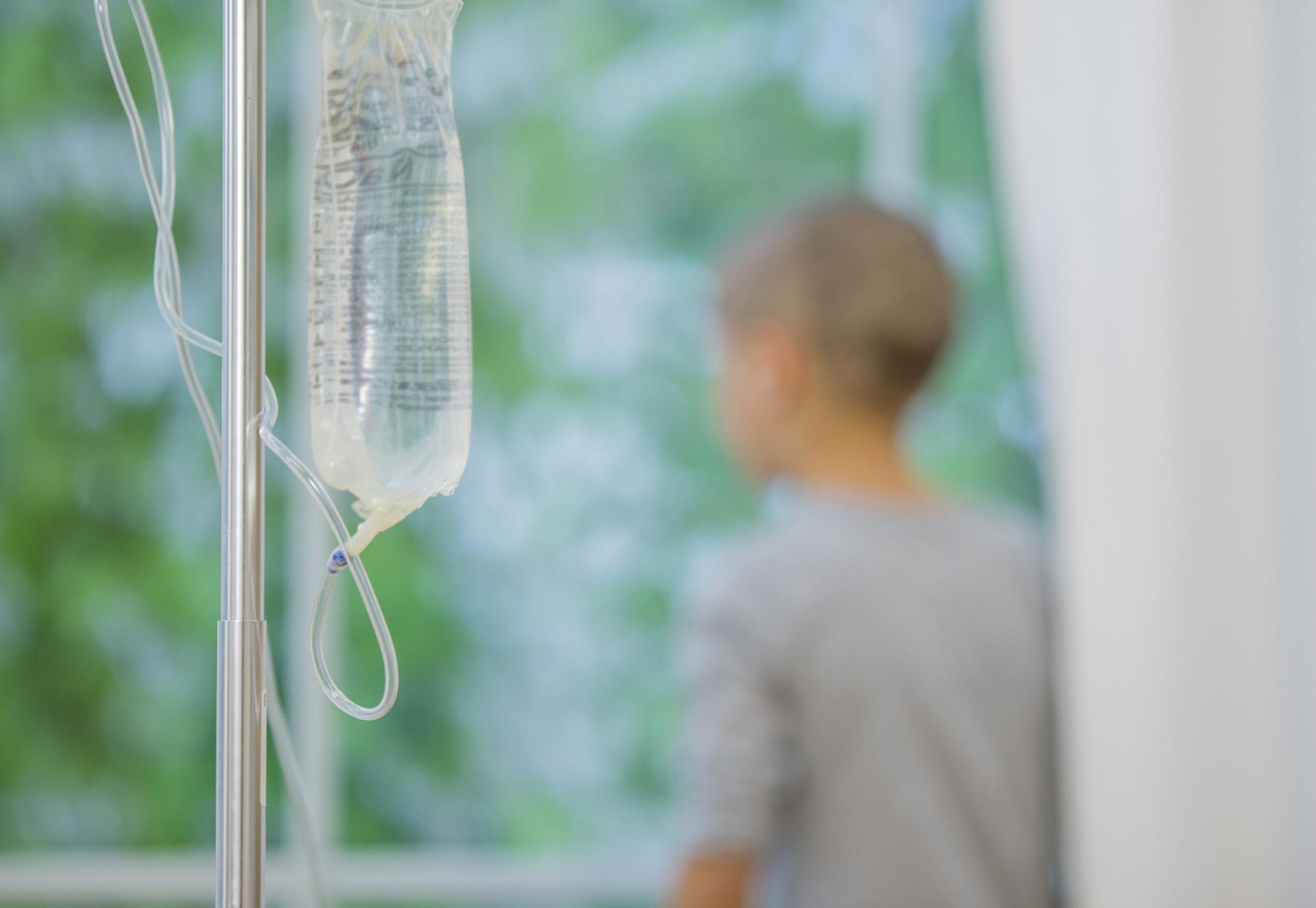A teenage patient at Great Ormond Street Hospital (GOSH) has seen her cancer, that was previously thought to be incurable, go into remission just a month after trialling a ground-breaking new treatment.
Alyssa, a 13-year-old leukaemia patient from Leicester, became the first patient in the world to receive genetically modified immune cells called CAR T-cells back in May, paving the way for new research breakthroughs and medical advancements in the future.
The landmark discovery came about after Alyssa had exhausted all conventional treatment options for her T-cell acute lymphoblastic leukaemia, which led her to join a clinical trial at GOSH where they were evaluating the efficacy of a new type of CAR T-cell therapy that can target cancerous cells.
To develop this new type of treatment, researchers used a method called base editing to change single letters of DNA code in the T-cells – if successful, the patient then receives a bone marrow transplant to restore their immune system.
After undergoing this new treatment, Alyssa saw her cancer go into remission after just 28 days, which allowed her to get a second bone marrow transplant to revitalise her immune system – six months later, she is on the road to recovery and doing well at home with her family whilst also continuing follow-ups with GOSH.
Dr Robert Chiesa, Consultant in Bone Marrow Transplant and CAR T-cell therapy at GOSH, said: “Since Alyssa got sick with her leukaemia in May last year, she never achieved a complete remission. Not with chemotherapy and not after her first bone marrow transplant.
“Only after she received her CD7 CAR-T cell therapy and a second bone marrow transplant in GOSH she has become leukaemia free. This is quite remarkable, although it is still a preliminary result, which needs to be monitored and confirmed over the next few months.
“The entire team here at GOSH are extremely happy for Alyssa and her family and it’s been a privilege to work with them over the past few months. We have been very impressed by how brave she is and nothing makes me happier than seeing her outside the hospital, going back to a more normal type of life.”
The team at GOSH are now looking to recruit more patients to the trial with the ultimate goal being that the new therapy will be offered earlier in patients’ treatment pathways.
The trial was funded by the Medical Research Council and received further support from Wellcome, Blood Cancer UK, the National Institute for Health and Care Research (NIHR), and the NIHR GOSH Biomedical Research Centre.
To learn more about Alyssa’s story and the new treatment, click here.



















